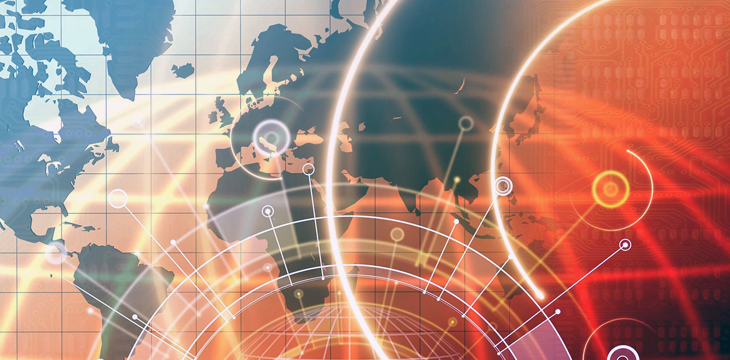|
Getting your Trinity Audio player ready...
|
As the crypto economy develops, there are opportunities for entrepreneurs to provide services at all stages of the business process. Daniel Lipshitz, an Israeli startup founder, spotted a niche and has built a company around it. It’s just part of a bigger vision Daniel has for what a crypto economy could bring to the world.
GAP600 covers the short period between a transaction being completed and it being added immutably to the blockchain. During that time, there’s a small, theoretical risk of something going wrong and money being lost. GAP600 covers that risk, just like an insurer covers more conventional business or personal risks.
Before he started his business, Daniel was working for a website security company that provided DDoS mitigation (distributed denial-of-service), including to some crypto exchanges. He noticed how fast the exchanges were growing and that led him to find out about this new sector. He thought about “how I could add value to the ecosystem” and came up with the idea for GAP600, which served its first client in 2016.
“In the crypto space, service needs to be first class and better than anything else out there,” says Daniel. Part of that is about speed. “If you’re an exchange or a payment provider or a wallet, you need to be providing instant gratification, instant customer service.” GAP600 helps with that.
“Money is an extremely sensitive subject for everyone. Nobody wants to lose one dollar,” Daniel says. And that means crypto doesn’t need to look any further for its killer app: “the killer app is money. That is the massive use case. It’s just an absolute, ubiquitous aspect of our lives.”
But for Daniel, there’s more to crypto than simply making the world more efficient. He also believes there’s an idealistic side to the revolution. He references the economist Friedrich Hayek, a 1974 Nobel prize winner, whose ideas about “denationalised” money have been taken up by crypto enthusiasts to explain how crypto could contribute to economic freedom.
“When you look at the statistics, the more free an economy is, the less chance of poverty. It’s about progress, it’s about quality of life, it’s about stability and happiness – and can lead to global peace. These are lofty and ridiculous terms, but that’s what it is.”
To hear more from Daniel, listen to our CoinGeek Conversation with him – the second of our new podcast series:
Daniel Lipshitz will be talking on November 29 at the CoinGeek Week Conference in London.

 02-18-2026
02-18-2026 




